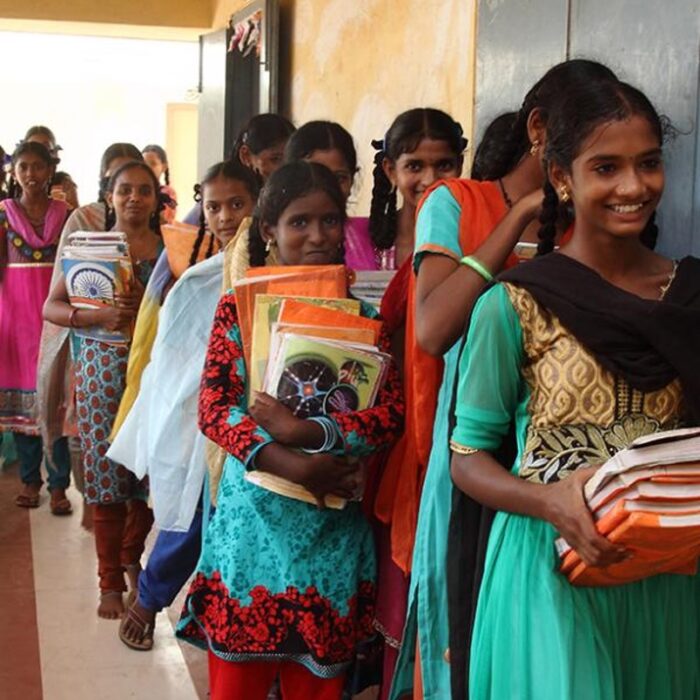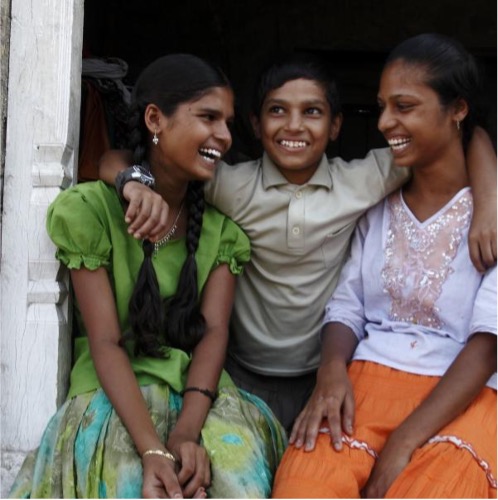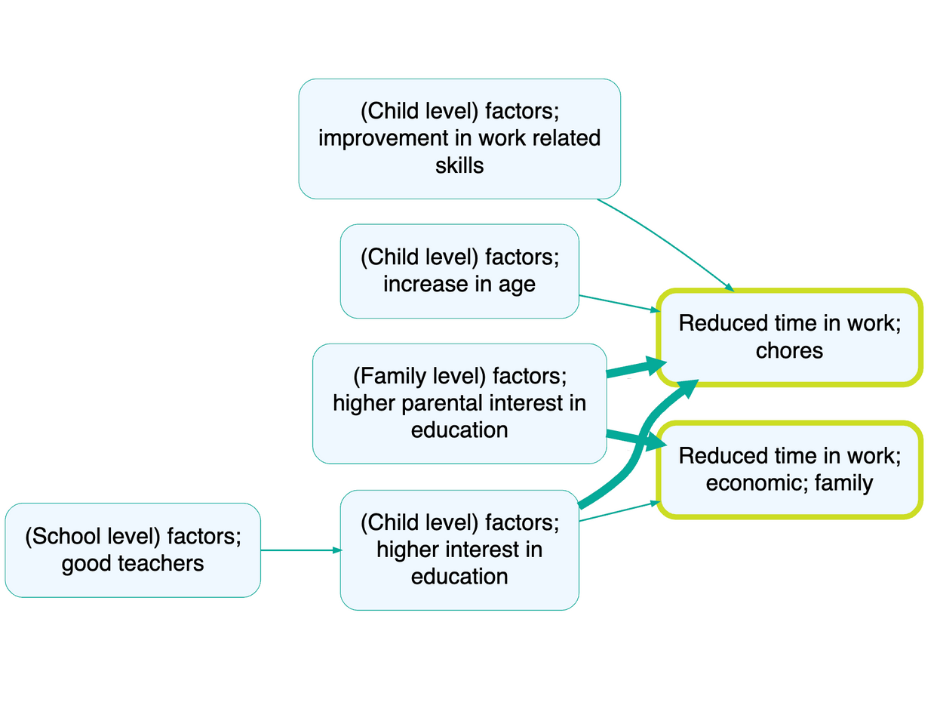Released today: Qualitative research on drivers of child work and schooling in India
| 11 June 2025 | News,Latest QuIP News
We’re excited to share findings and materials launched today by UNICEF Innocenti Global Office of Research and Foresight on two exploratory studies conducted with children and adolescents in Bihar and Telangana, India.
Bath SDR worked alongside UNICEF Innocenti and Young Lives India throughout 2024 on this research into child work, labour and schooling , supporting the team to use the Qualitative Impact Protocol methodology in interviews and causal mapping to analyse the data. The findings from this study will be used to inform policy and practice in education, taking a pragmatic and realistic approach to the role that children’s work continues to play in this context.

We worked closely with the team over several months to design a study tailored to their research questions and the context of working with children and carers in marginalised communities. The project aimed to understand how children’s work commitments (both at home and outside the home) intersected with and impacted school attendance and homework. The team used QuIP to inform the approach to running the interviews to help understand stories of change as well as current drivers of behaviour. The interviewers were specialists in this area and encouraged children and carers to share their experiences of what is expected from them in terms of work and education, and what they feel influences their engagement with school and future prospects. Probing questions were essential for researchers to uncover the full range of causal drivers, particularly as this was an exploratory study with no specific project to attribute change to.
It was important for Young Lives to include children’s voices in this study and they chose to interview child and parent/caregivers in pairs, speaking to an equal sample of children who were regular school attendees, and children who were not regularly in school. Speaking to children and their carers helped to triangulate perspectives and threw up some interesting differences; for example, children frequently reported spending more time working than their parents said they did. For more information on interviewing children in this and other QuIP studies see the Using QuIP with children and young people paper.

Interviews showed that many children regularly combine work and education. However, the type and time spent on work varied between groups. Children not in school spent more time on domestic chores and economic activities outside the household, whereas in-school children spent more time on economic activities within family enterprises. The type of work was also frequently gendered. Compared with boys, girls spent more time on domestic chores and less time on economic activities within the household, reflecting the unequal burden of domestic work – especially on adolescent girls.
“It is a tradition that girls are responsible for all household chores, while boys are not expected to participate in such work. Rather boys are supposed to do paid work for earning money.”
– Parent of in-school boy, from Bihar
Positive changes to school attendance and performance were influenced by key people in children’s’ lives, including teachers and caregivers, as well as broader factors such as poverty and awareness of the benefits of education. A good teacher and the child’s own interest in education were reported by children as the main drivers of improvements in child-level schooling outcomes. Parents similarly attributed improved schooling to good teachers alongside changes to broader school characteristics, including school safety and infrastructure.
Many respondents made causal connections between education and child work. For example, according to some respondents in both locations, leaving school led to adolescents starting paid work. Children and young people often left education due to financial difficulties or absence, illness or death of a family member. Parents reported that school closures due to COVID-19 also led to school dropout.

The availability of good education was seen to give better opportunities to children and young people, according to a range of the respondents interviewed.
“I have realised that when you are educated, you can do any kind of work and earn more money.”
– Out-of-school girl, aged 13, from Bihar
Young Lives recommended a multi-sectoral approach including education-related policies and programme changes to improve engagement with education and address how child labour affects access to education. Furthermore, they suggested focusing on interventions on both in and out of school children as this study showed both groups were vulnerable to child work and labour.
For more information on this study please see the great video summary of how QuIP was used, and the briefs and full reports for each state.



Comments are closed here.